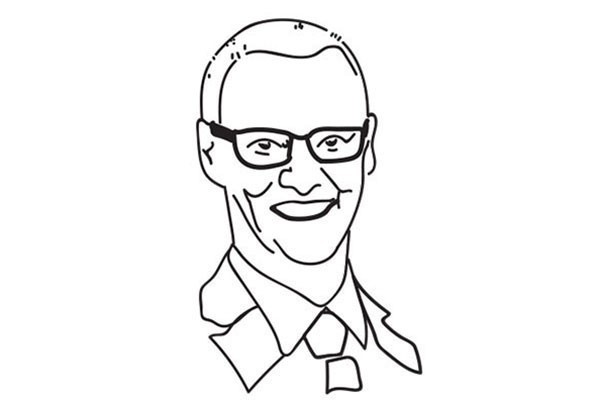I hear from those who have been about the university for some time that anxiety and stress related illnesses are becoming more prevalent. The reasons for this are complex, though the growing expectations placed on young people likely play a part.
Just about everyone I speak with knows someone who has had a mental health issue. Many have a story about someone in their family or friend circle who has struggled to get the help they need. Evidence backs this up—a recent survey showed that one in six adults is diagnosed with a common mental disorder at some stage in their lives.
Demand on our mental health system across New Zealand is growing. There has been a 60% increase in the number of people accessing mental health services over the past decade.
Recently a significant report on our mental health services was released called the People’s Mental Health Report. The Report drew on 500 personal stories that illustrated the need for mental health facilities in our communities. It goes some way in showing the extreme pressure our mental health system is under.
The Report recommended an urgent funding increase for mental health services, reinstatement of a body with independent oversight of the mental health system (like the former Mental Health Commission had), an urgent independent inquiry into the structure and provision of mental health services, and a national education programme around mental health.
A major part of the problem is that government funding has not kept up with growing need in the healthcare sector. Independent analysis estimates that $1.7 billion was stripped out of our health system over the past six years. That’s money that should have been funding services. It’s no surprise then that this funding shortfall has had impacts across the health sector.
Although there has been some additional staffing funding for mental health, it does not come close to meeting demand. The mental health workforce is increasingly under pressure. Recently, facilities in both Wellington and Auckland had to temporarily close beds because they couldn’t find enough trained people to safely staff them.
A thorough review of our mental health system is urgently needed. I believe we need to urgently address this issue. Only when we have taken stock and laid out priorities can we begin to fix the system comprehensively. It will require money too—no surprises, given years of underfunding.
When you, or someone you care about, needs that service, the difference between a service that works and one that doesn’t can be the difference between life and death. Mental health matters.
Helplines:
- Lifeline: 0800 543 354 (available 24/7)
- Suicide Crisis Helpline: 0508 828 865 (0508 TAUTOKO) (available 24/7)
- Youthline: 0800 376 633
- Kidsline: 0800 543 754 (available 24/7)
- Whatsup: 0800 942 8787 (1pm to 11pm)
- Depression helpline: 0800 111 757 (available 24/7)
If it is an emergency and you feel like you or someone else is at risk, call 111.



